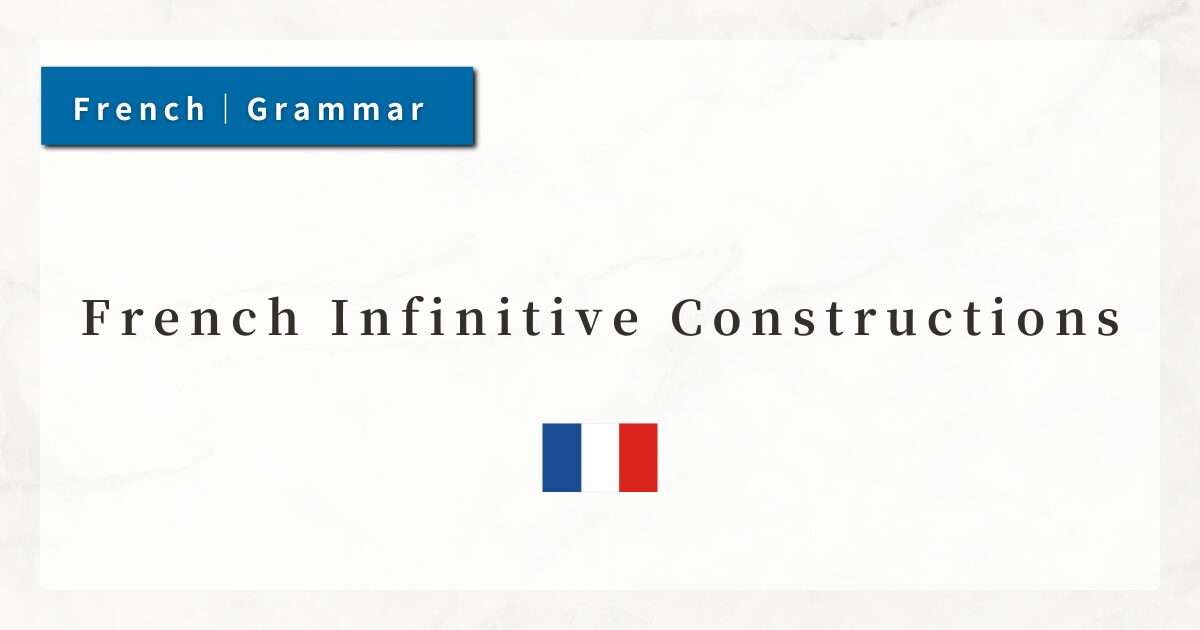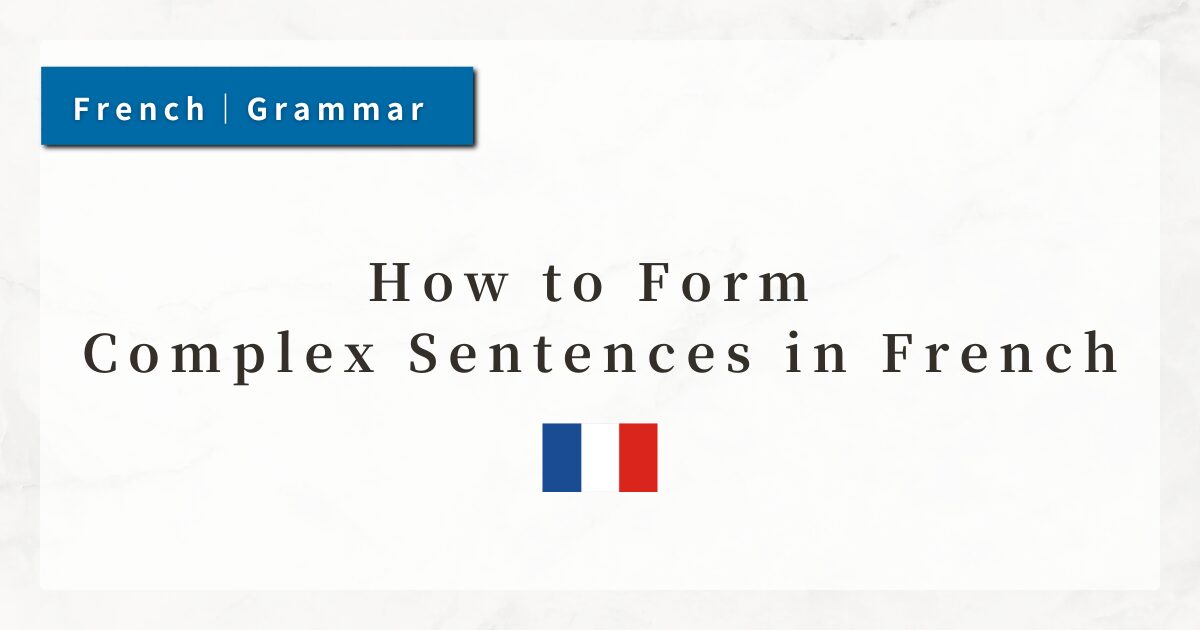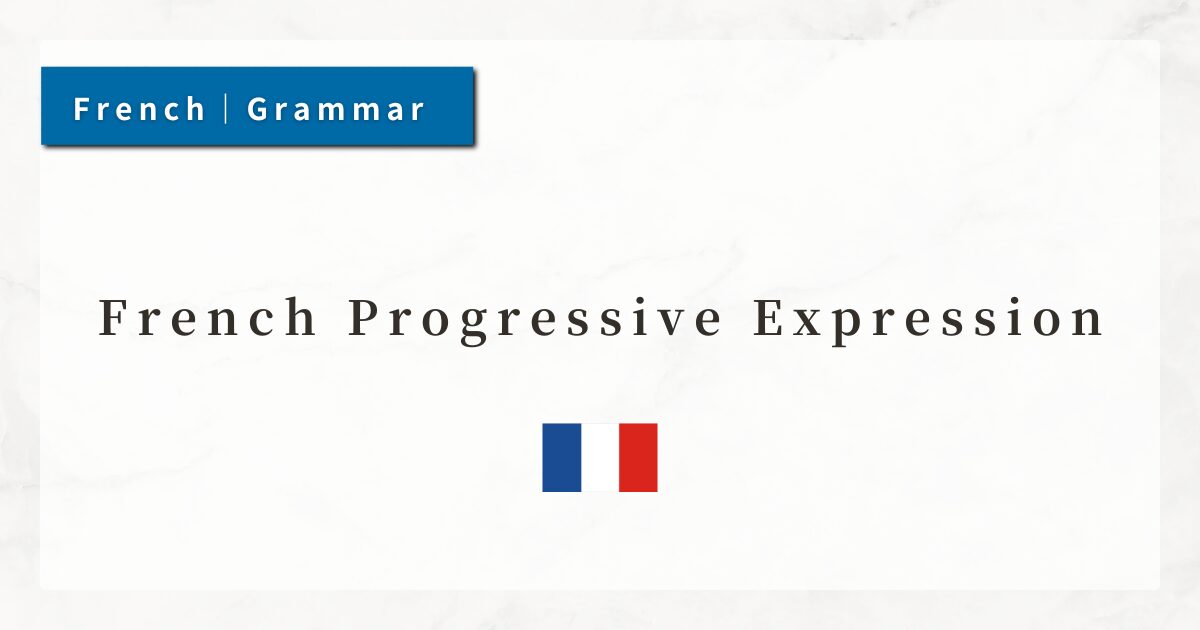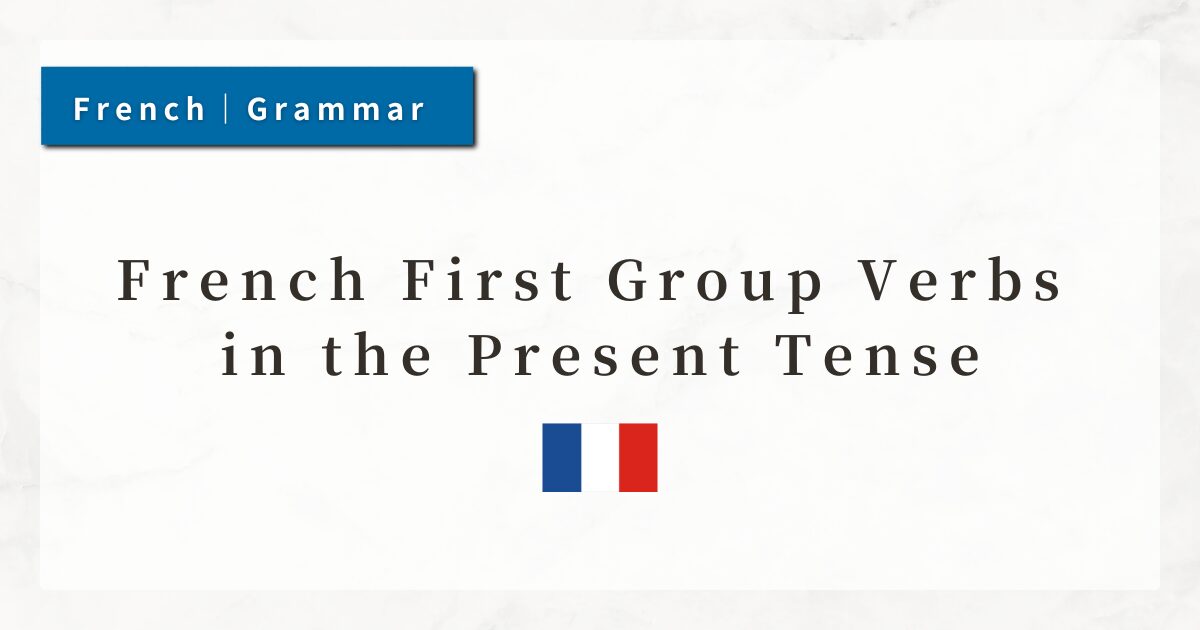#16 French Verb venir in the Present Tense and Recent Past | Conjugation and Usage
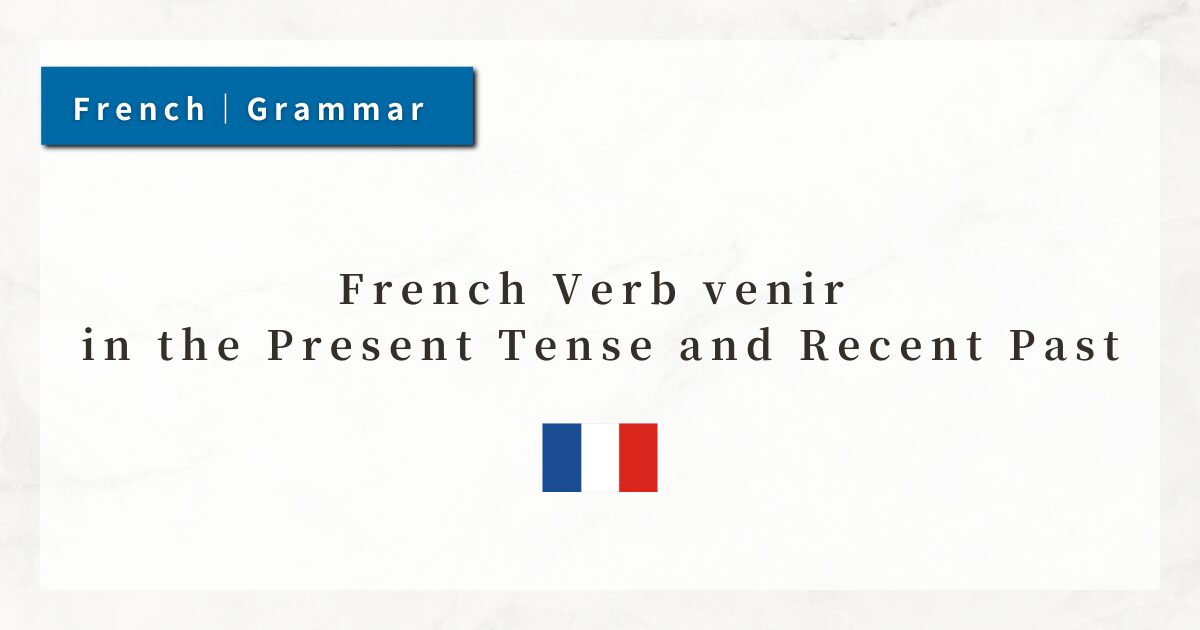
The French verb venir means “to come” and is one of the most frequently used basic verbs.
In addition to expressing simple movement, venir is also used in the construction “venir de + infinitive” to form the “recent past,” meaning “to have just done something.”
In this lesson, we will study the present tense conjugation of venir and how to use it to express the recent past.
1. The Basic Meaning and Features of Venir
Venir corresponds to the English verb “come.” In French, the verbs of movement—aller (to go) and venir (to come)—are essential and used daily in conversation.
Since venir is an irregular verb, its conjugation does not follow regular patterns. Let us first look at the present tense.
| Subject | Conjugation of venir | Meaning |
|---|---|---|
| je | viens | I come |
| tu | viens | you come |
| il / elle / on | vient | he / she / one comes |
| nous | venons | we come |
| vous | venez | you (plural/formal) come |
| ils / elles | viennent | they come |
2. Stem Changes of Venir
Venir belongs to a group of irregular verbs with significant stem changes. In the present tense, the stems alternate between vien- and ven-.
- je viens (vien-)
- tu viens (vien-)
- il vient (vien-)
- nous venons (ven-)
- vous venez (ven-)
- ils viennent (vienn-)
To become familiar with this alternation, it is effective to read the conjugation chart aloud repeatedly until it feels natural.
Derived verbs such as revenir (to come back) and devenir (to become) follow the same conjugation pattern, so learning venir as a foundation will help later on.
3. What Is the Recent Past?
The recent past (le passé récent) is a useful expression to describe an action that has just taken place.
- venir (present tense) + de + infinitive
- Je viens de manger.
(I have just eaten.)
This is similar to the English expression “I have just eaten.”
However, note that in French the verb venir remains in the present tense, not the past tense.
4. The Nuance of the Recent Past
The nuance of the recent past differs from the past tense.
The past tense expresses a fact in the past. The recent past emphasizes that the action was completed only a very short time ago.
In English:
- I ate lunch.
→ past tense - I have just eaten lunch.
→ close to the recent past
In French:
- J’ai mangé.
→ passé composé (equivalent to the English past tense) - Je viens de manger.
→ recent past
When you want to emphasize the immediacy of an action—“just now”—the recent past is the most natural choice in French.
5. Summary
- Venir is an irregular verb meaning “to come.” Its present tense forms are: viens, viens, vient, venons, venez, viennent.
- The construction “venir (present tense) + de + infinitive” expresses the recent past, meaning “to have just done something.”
- The recent past differs from the passé composé, as it conveys the idea of a very recently completed action.

